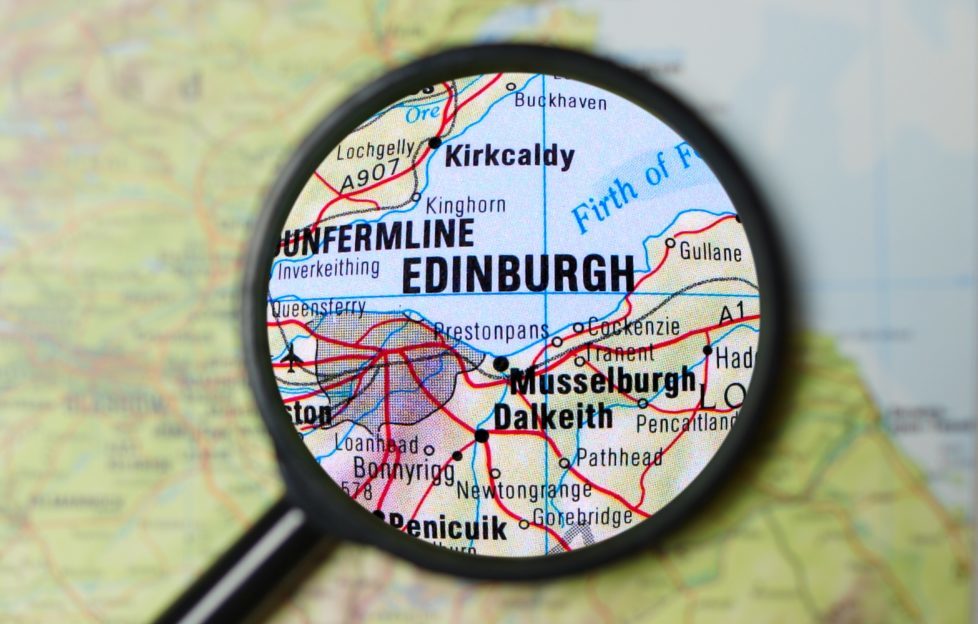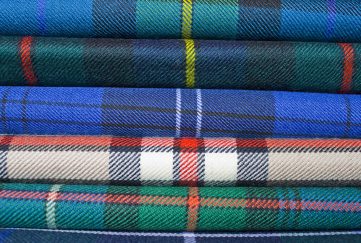What’s In A Name? | Part 1

This series explores the history behind some of Scotland’s more unusual place names!
The names in this country reflect a myriad of influences and changing languages – Brythonic/Brittonic, Cumbric, Gaelic, Pictish and eventually English and Scots, to name but a few.
It can be difficult to determine the exact origin of some of the names that have since been “adopted” as a new language evolved, but some of the possible origins are fascinating.
Flemish in Friockheim
The village of Froickheim (pronounced Freek-um) in Angus translates literally as “Heather Home”, but from a mash of two completely different languages. “Froick” comes from the Gaelic “fraoch” for heather, but “heim” actually comes from the German for home! In the early 1800s, many Flemish weavers had moved to the village to develop the flax-spinning process at the mill, and they requested that their heritage and new home be recognised. The mill owner was only to happy to oblige, and in 1824 the sanction and charter was passed.
A Tale of Two Ballochs
There are two places named Balloch in Scotland (one near Inverness, the other south of Loch Lomond), but the two names are pronounced completely differently. One possibility for this is that the Inverness village comes from the Gaelic “Baile an Locha”, meaning town of the loch; whereas the Balloch south of Loch Lomond is said to come from the Gaelic Am Bealach – the pass.
Note: Only the Loch Lomond Balloch is pronounced through Forvo. To pronounce the Inverness village stress the second syllable, rather than the first.
Ecclefechan
One of the greatest-sounding Scottish place names, Ecclefechan, has a bit of a confusing history. The name actually pre-dates Gaelic and comes from the Common Brittonic language of the Old North (Northern England and Southern Scotland around the 5th century), which developed into Old Welsh, Cumbric, Cornish and Breton. In Common Brittonic, Ecclefechan meant “small church”, but when Gaelic swept through the area the belief arose that the name derived from the 7th century St Féchín of Fore – hence the local shortening of the name to Fechan.
Discover part 2 >>
Listen…

Don’t forget you can double-click a word or place name to hear it pronounced through Forvo’s pronunciation guide – and if it isn’t available you can record your own or request it to be recorded! Find out how to use it here.





